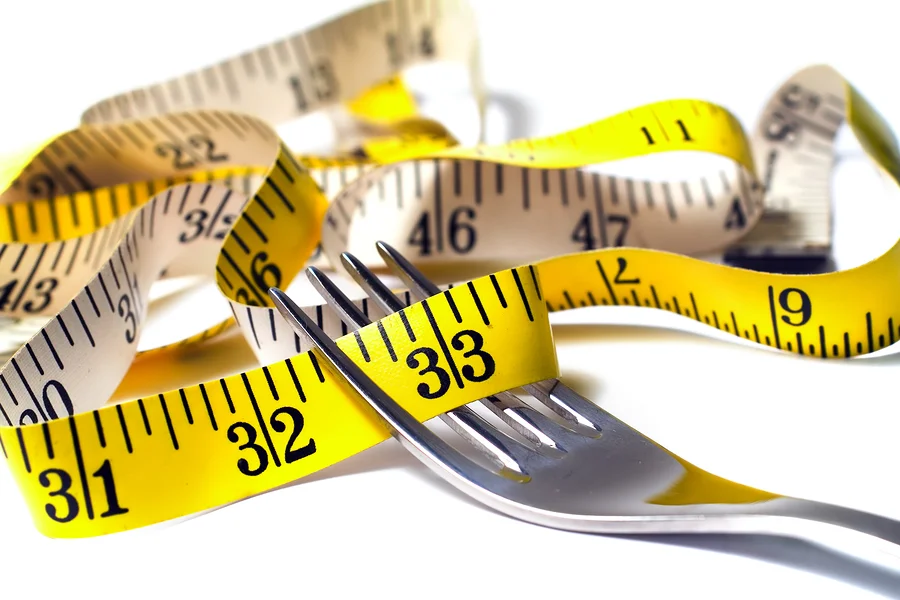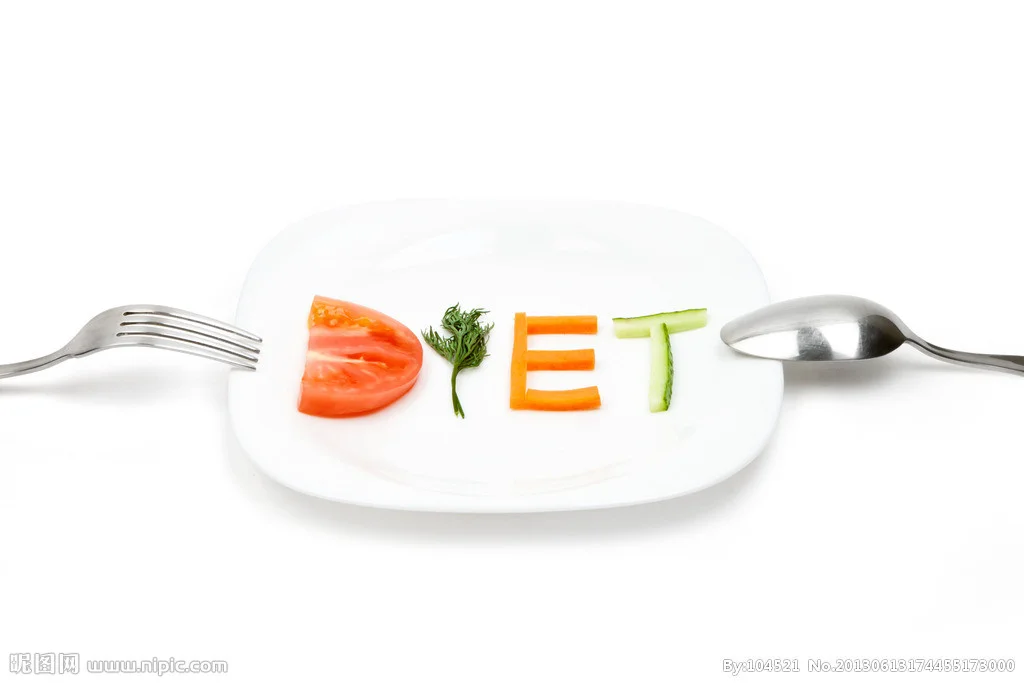Diet -
NOUN
the kinds of food that a person, animal, or community habitually eats
a special course of food to which one restricts oneself, either to lose weight or for medical reasons
VERB
Restrict oneself to small amounts or special kinds of food in order to lose weight
We have heard of every diet - low carb, no carb, Weight Watchers, Adkins, low fat, no fat, all fat, high protein, Paleo, Whole30, Medifast, HCG, Fasting, cleanses, etc.. I literally could go on an on. The diet industry is a billion dollar industry not based on scientific research or changing your behavior with food. It is about money. So why do all these diets fail? Well here is your answer...
What REALLY Happens When We Diet
Skipping meals or decreasing calories
- Slows metabolism causing us to store body fat (see previous post about dietary fat)
- The brain and muscle's demand for fuel (ie food) causes rebound eating, typically on high sugar and high fat food sources
- Not meeting your basic need of fuel will cause poor attention span, irritability, and fatigue
- Your body will break down muscle tissue to use for energy
Decreasing Carbohydrates
- You lose your body's preferred source of fuel causing you to feel moody, tired, and fatigued
- Your body will break down muscle, tissue, and bones to use for energy
- You body could break down dietary fat which causes acid/base imbalance potentially resulting in kidney damage or coma
- Physiological and psychology cravings for carbohydrates will likely lead you to over eat on those food sources
Cutting Out Meat (including red meat)
- May put you at risk for iron and B12 deficiencies
- Fullness after meals will not last as long causing more hunger between meals for high fat and high sugar food sources
Preplanned Meal Replacement Diet or Liquid Diet/Cleanse
- See full blog post on the issues with cleanses
- 95% chance of regaining lost weight within 1-2 years, plus more
- You never learn how to portion, cook, or grocery shop for yourself which could be a detriment down the road when you no longer want to be on said meal plan
- You often lose muscle mass along with body fat, which lowers your metabolism causing the body to store more fat even though less calories are being consumed
- Poor habits are replaced initially but not changed permanently
- Typically these plans are expensive
Fasting
- Most of the weight loss is due to water loss
- Muscle mass decreases, lowering metabolism, increasing body fat storage (I am noticing a trend)
- Potentially medically dangerous for some individuals
It is not YOU, it is the diet.
If you are tired of the chronic dieting cycle and wish to make long term behavioral change take a look at Intuitive Eating. If you would like more information on my non-dieting approach visit my contact page, email me at caseyvoorhies@gmail.com, or call for an appointment (817) 454-4801.







Dallas Nutritional Counseling’s family nutrition division, Feed Yourself & Your Family, is excited to announce registration is now open for our Parent Picky Eating Workshop.